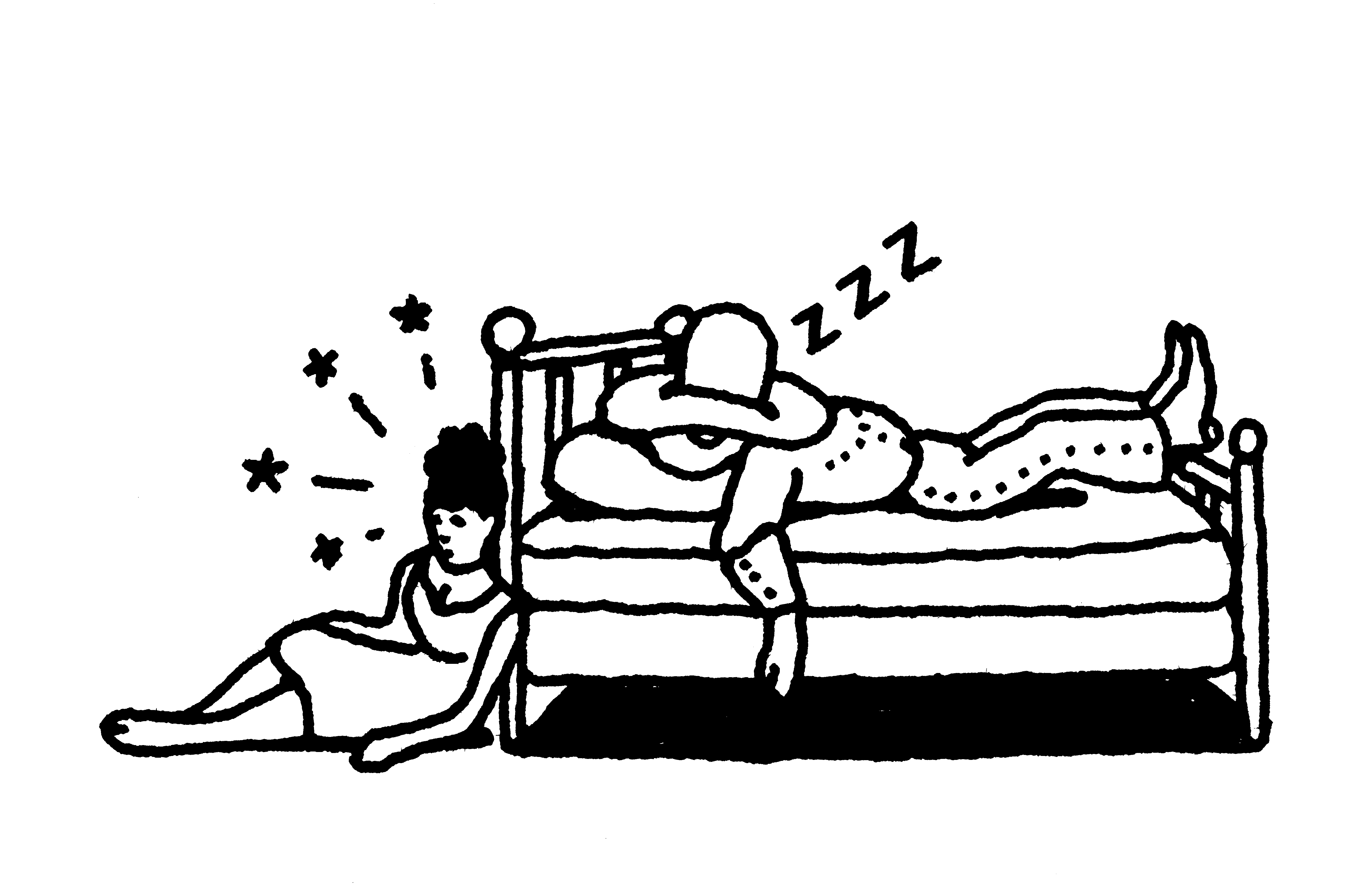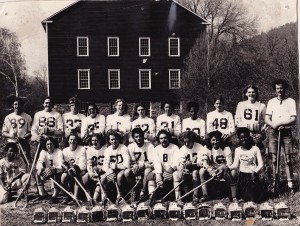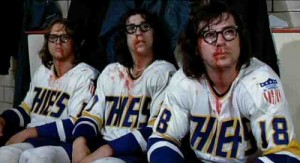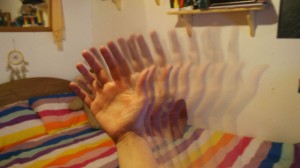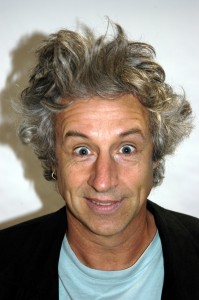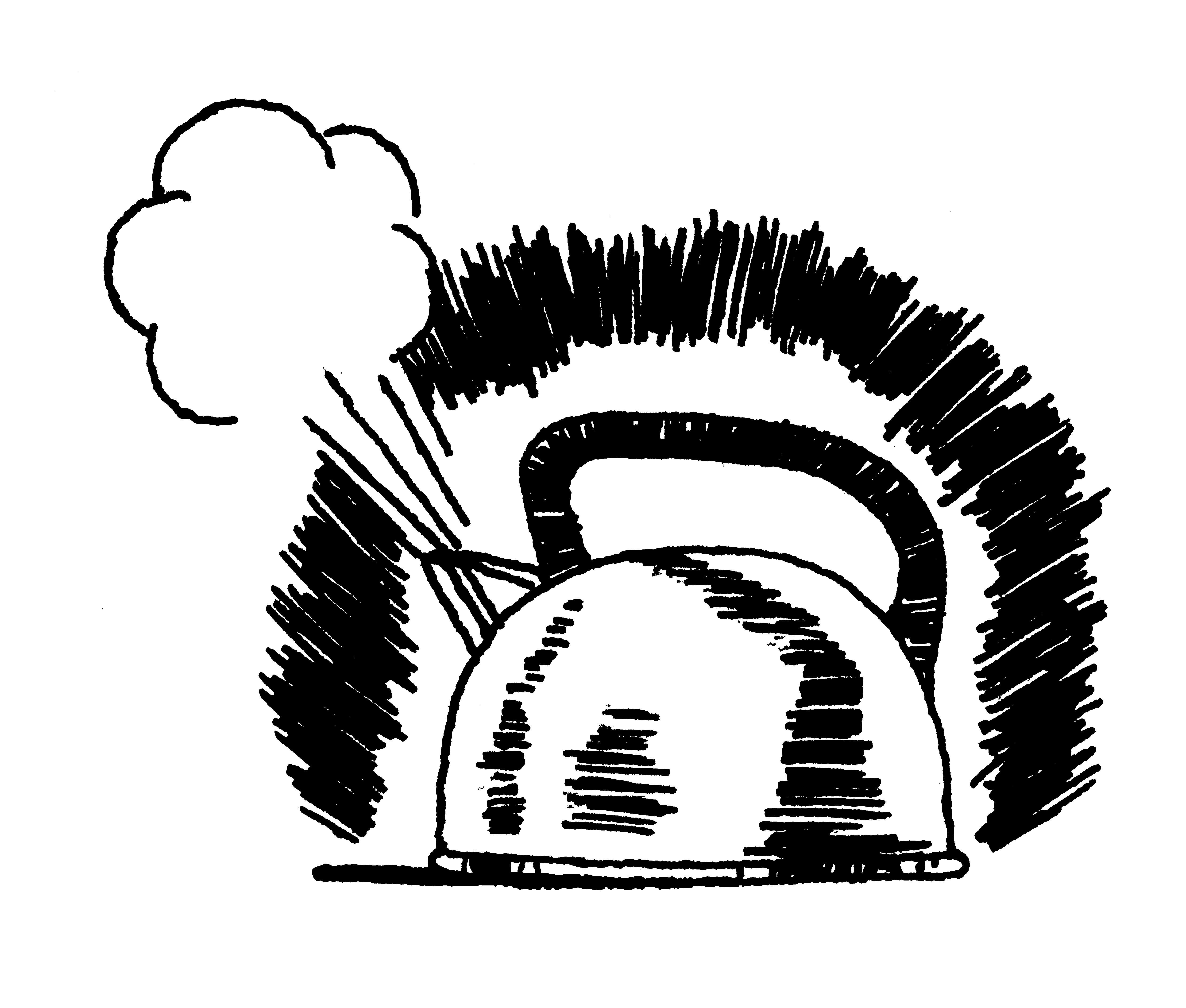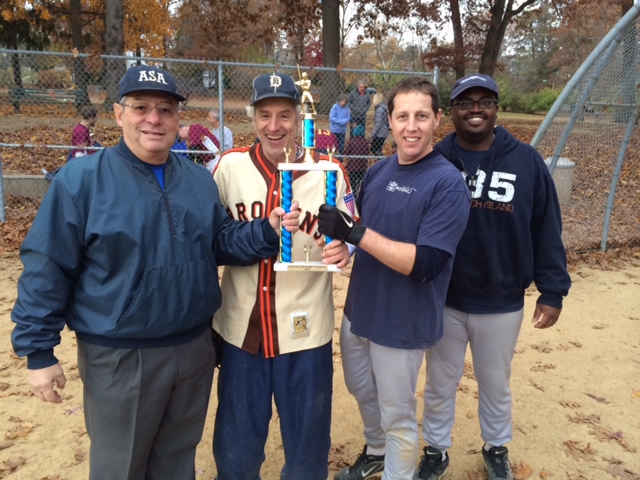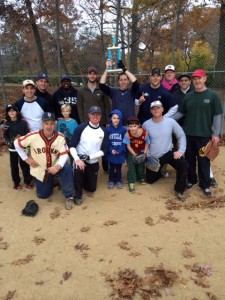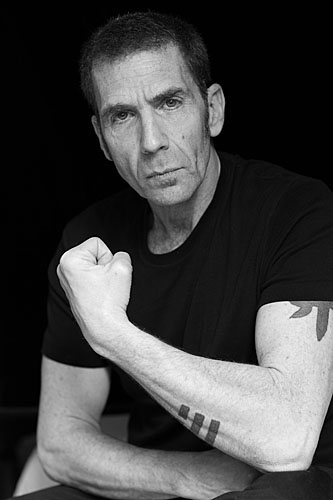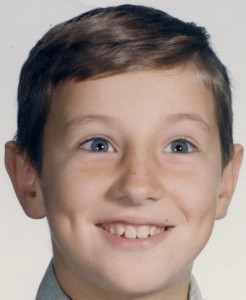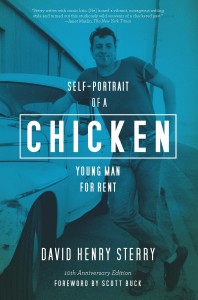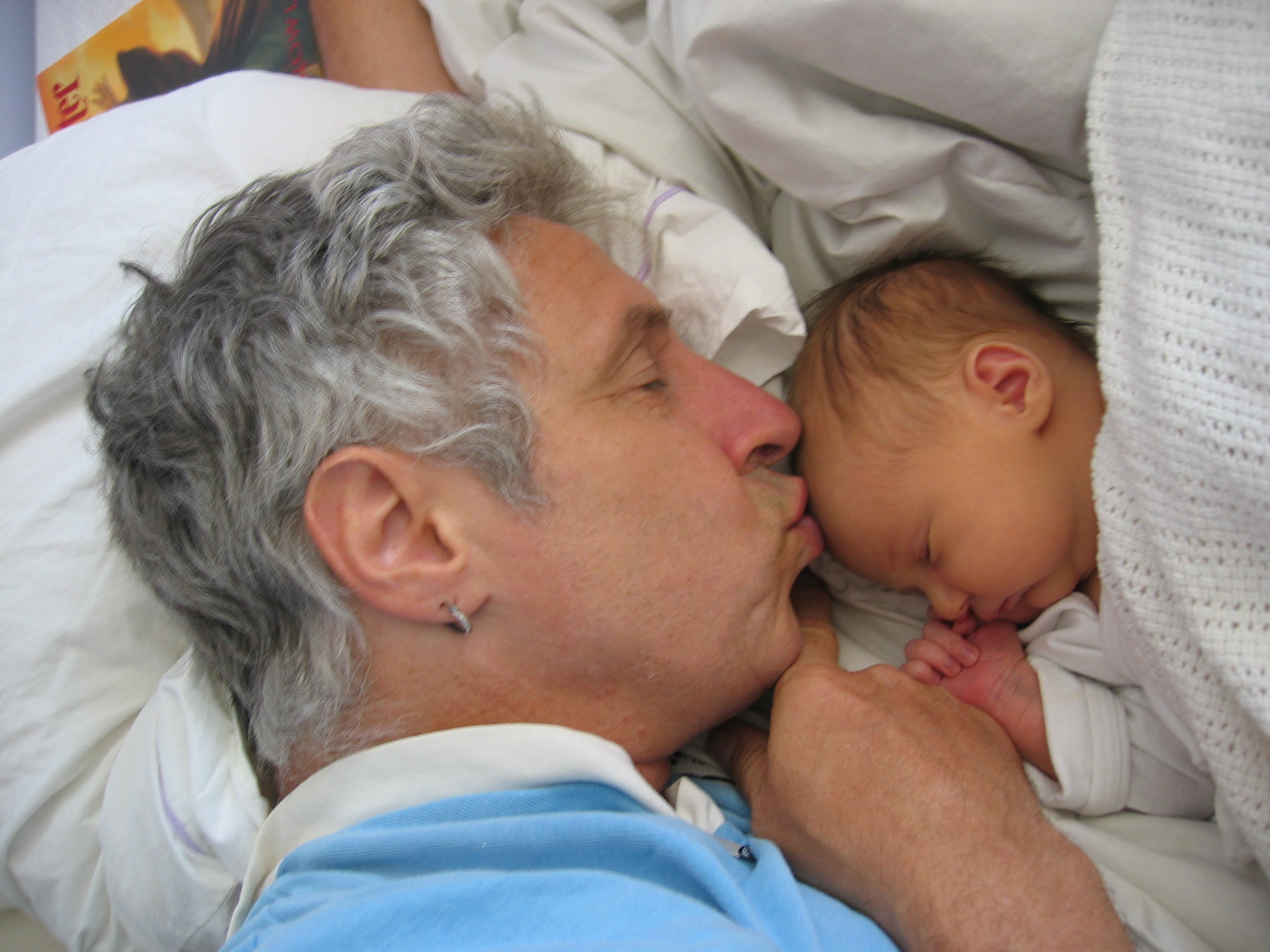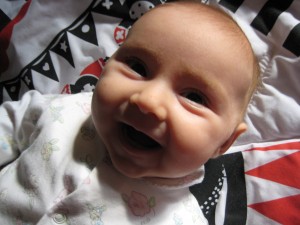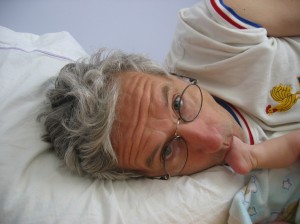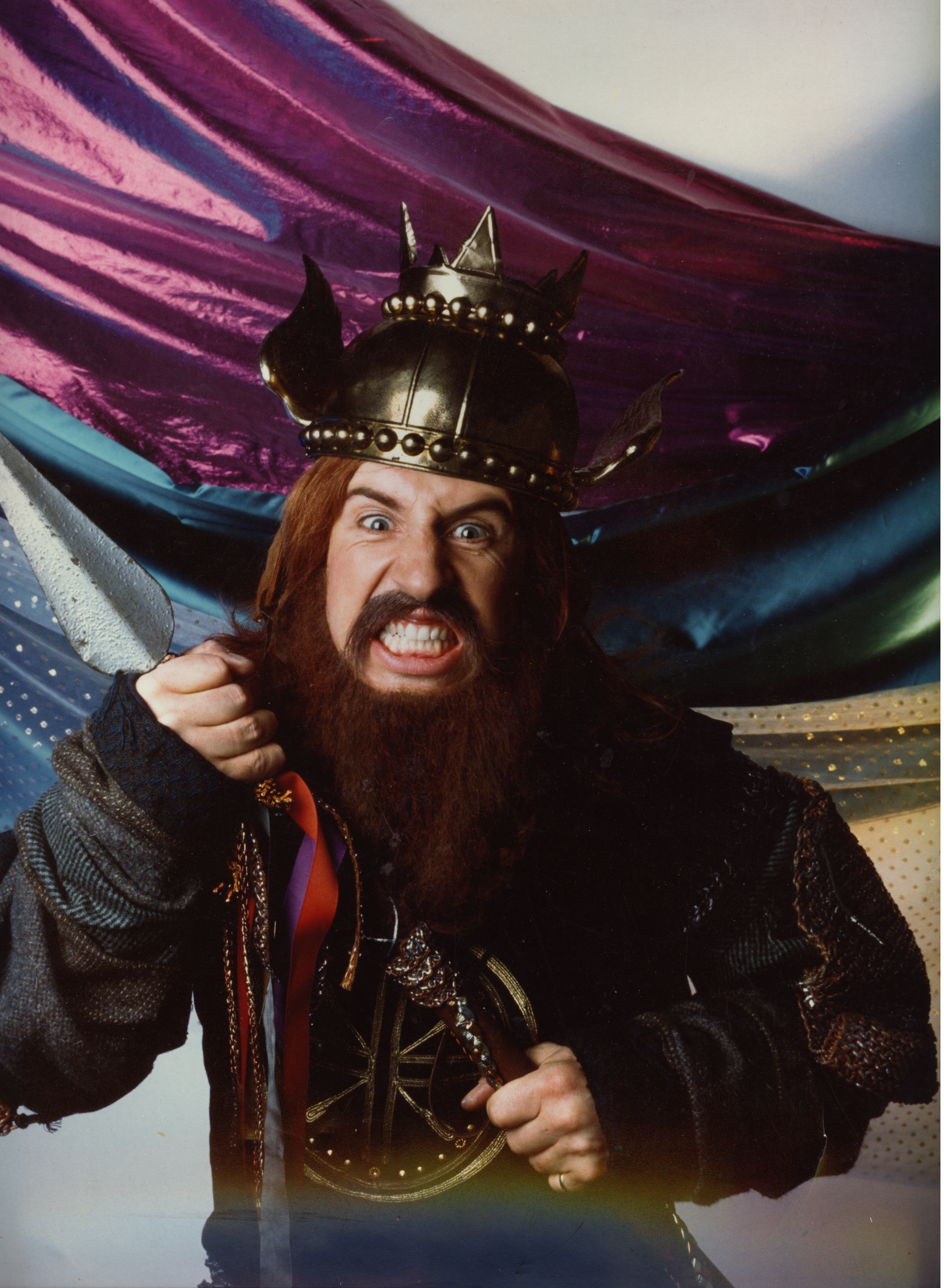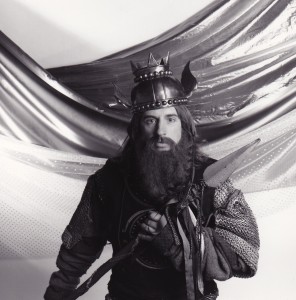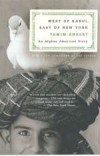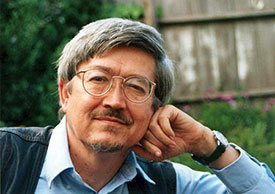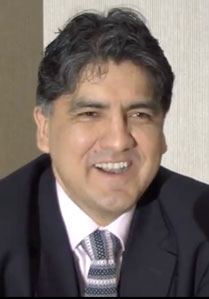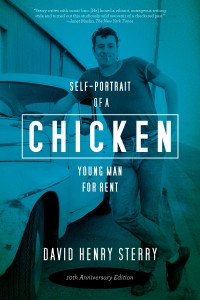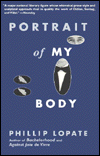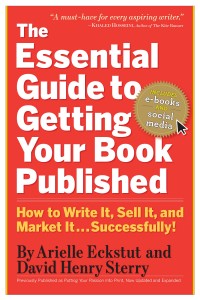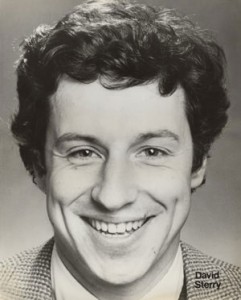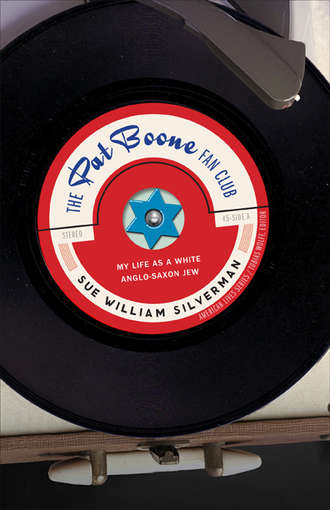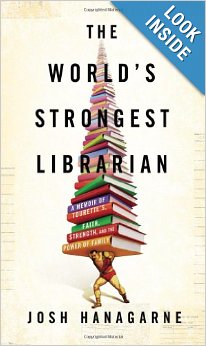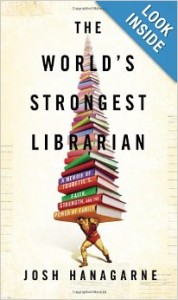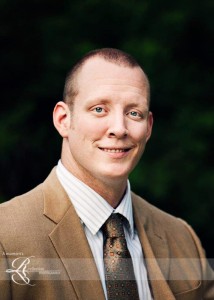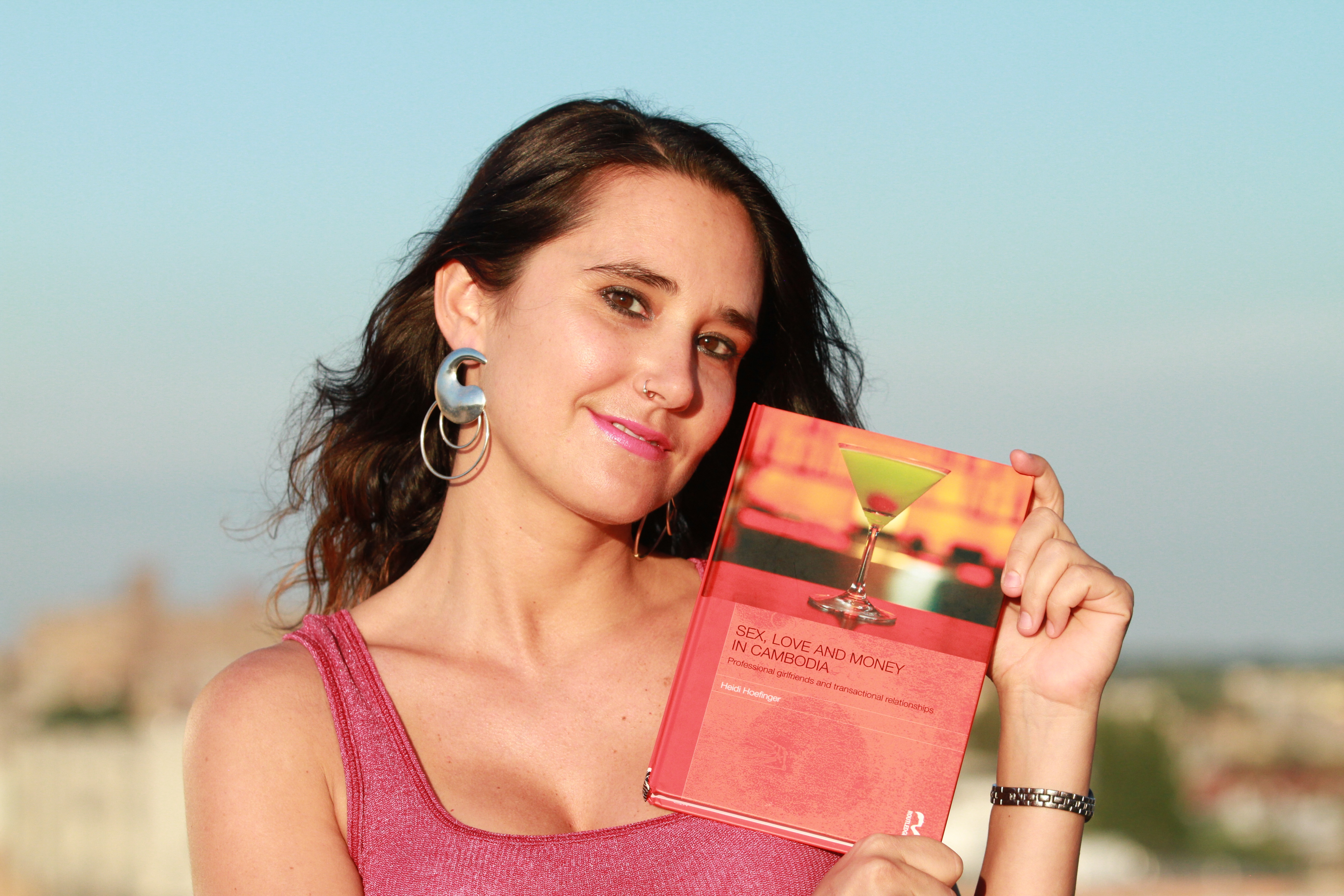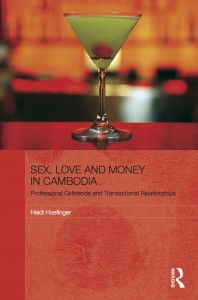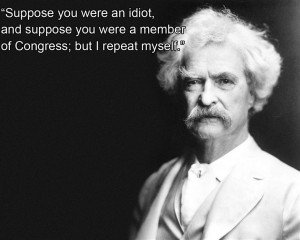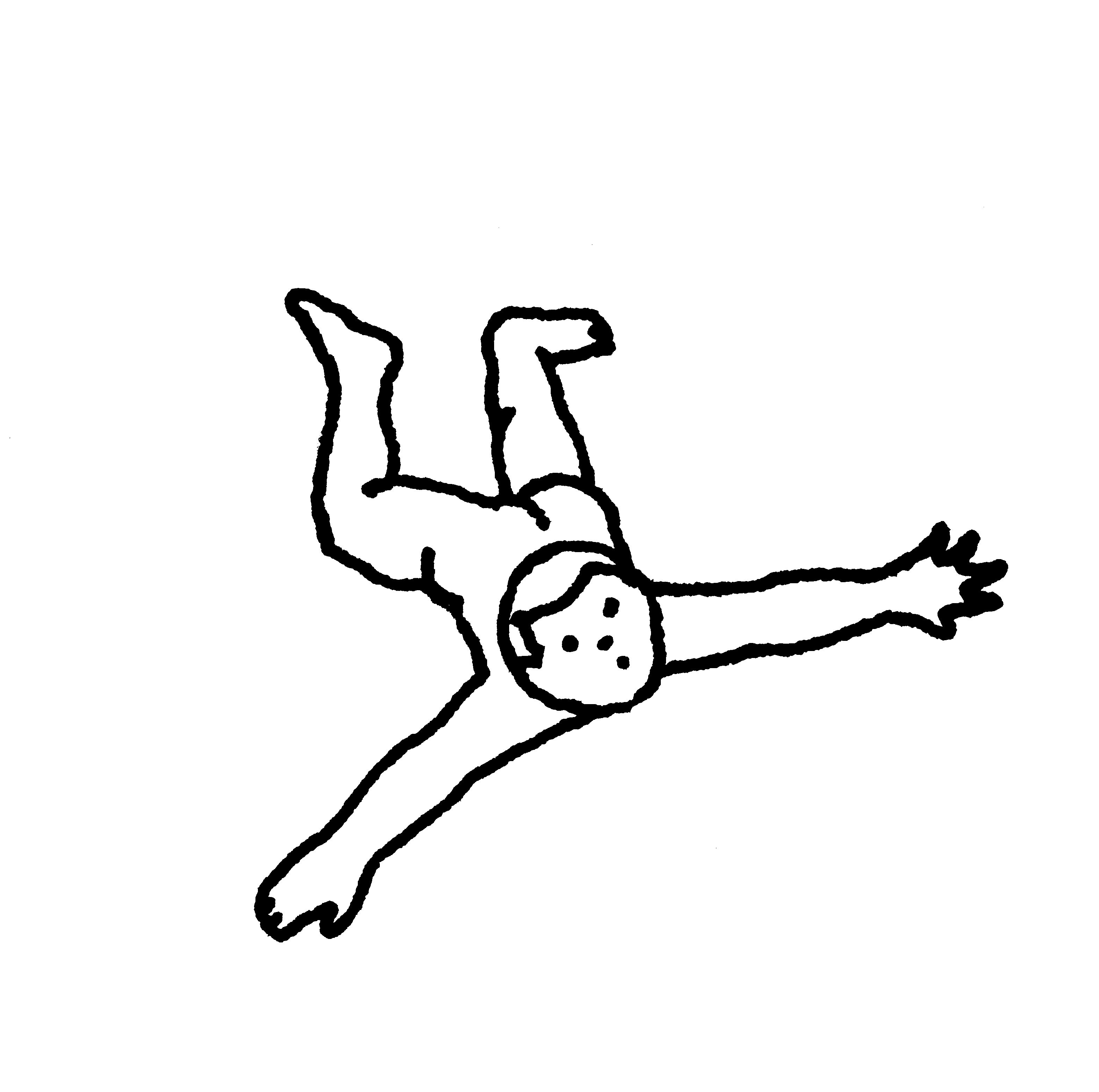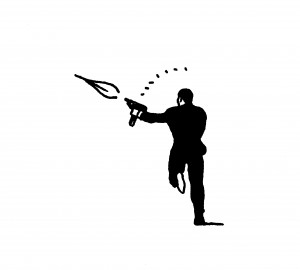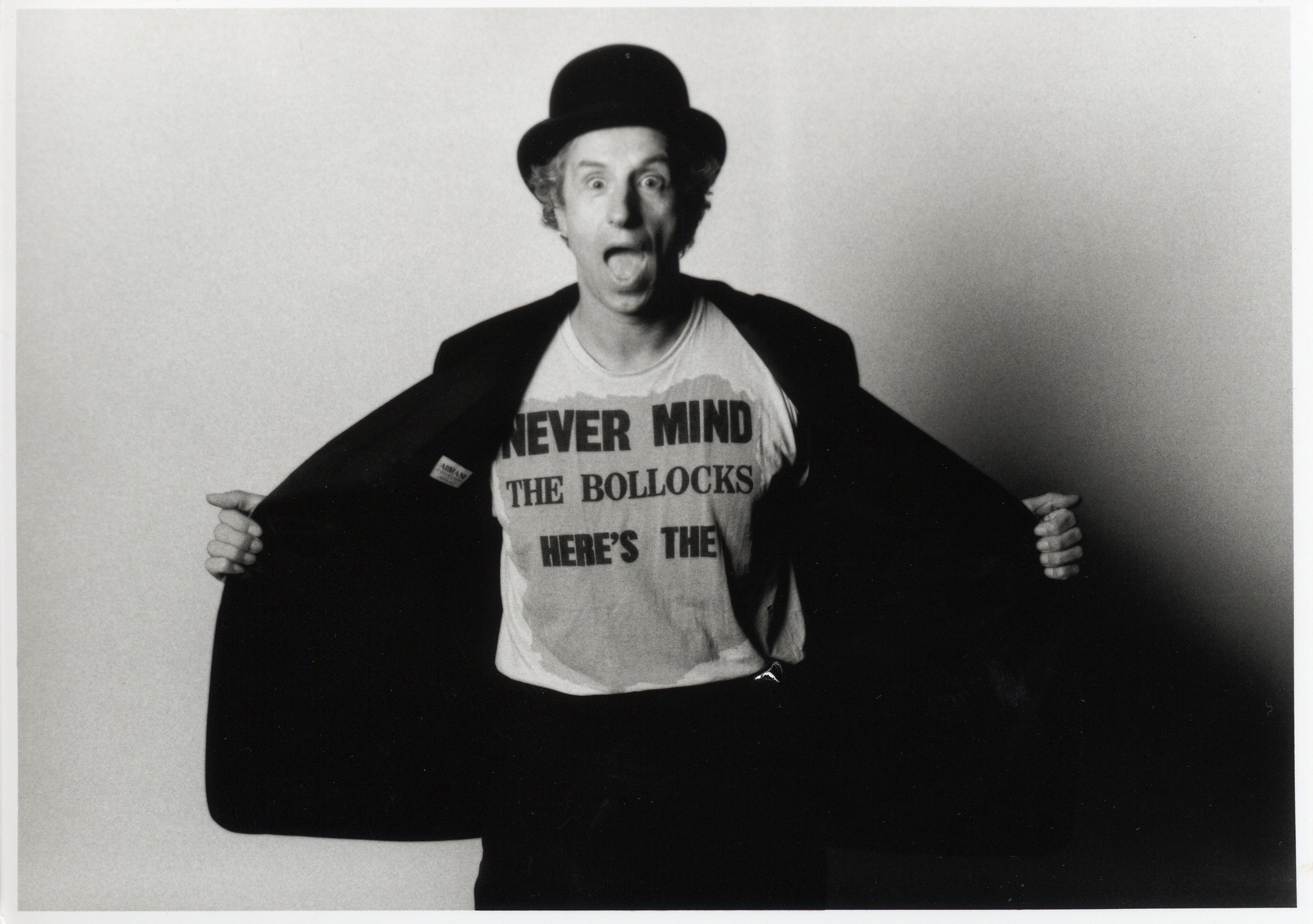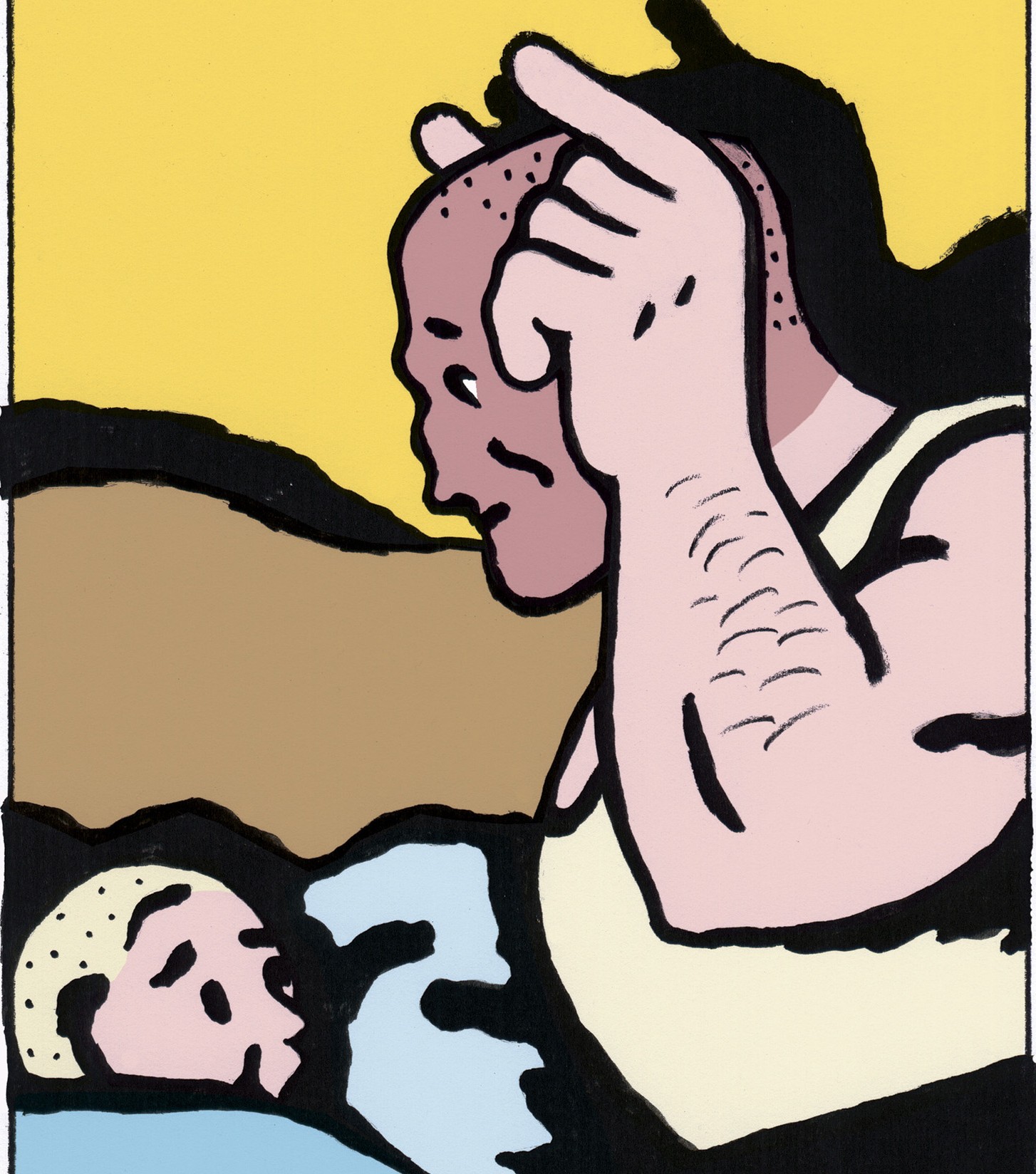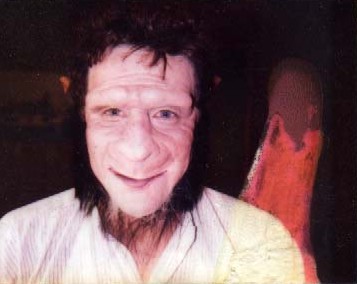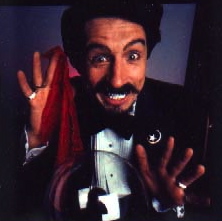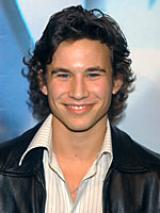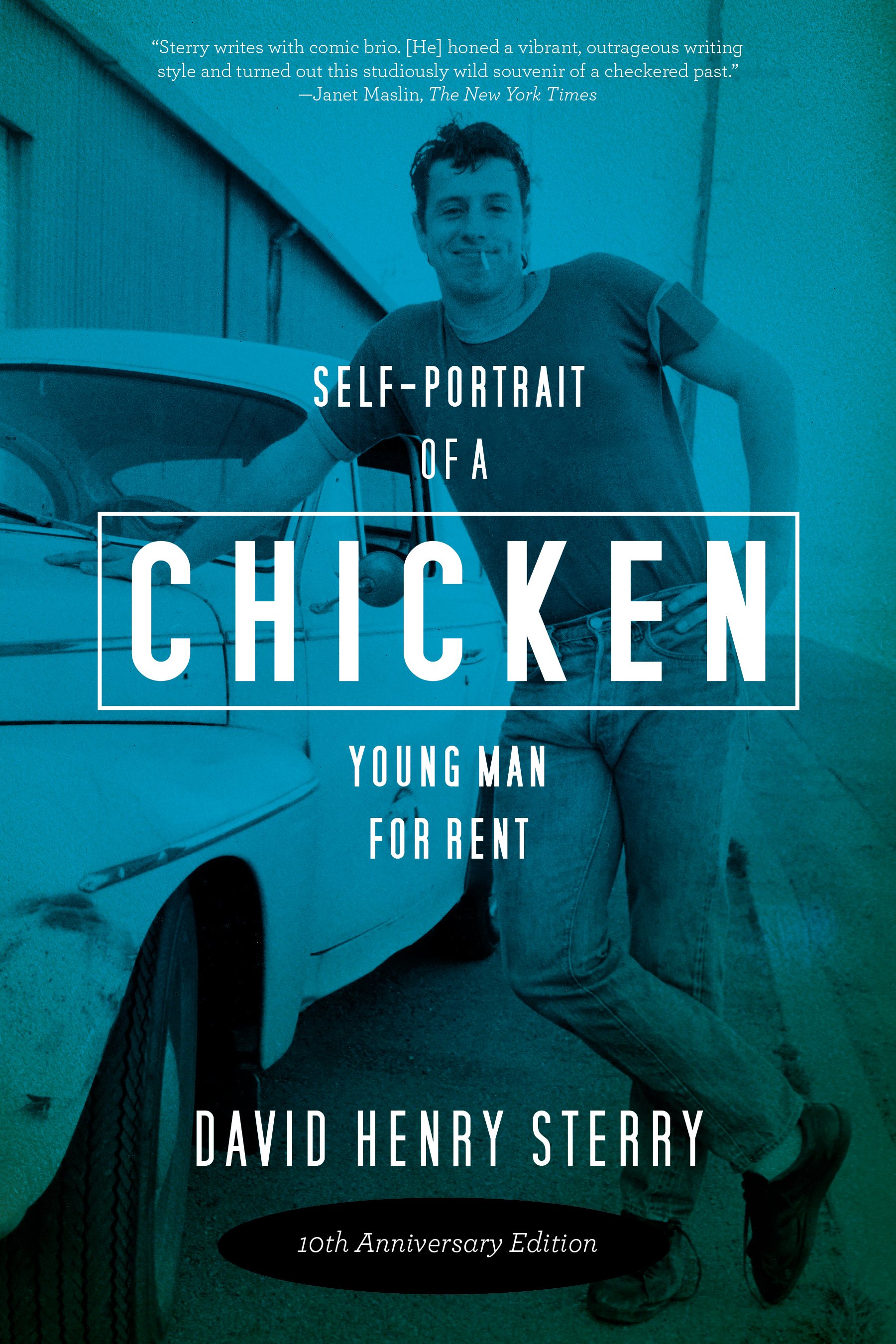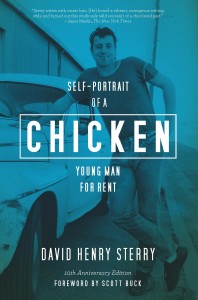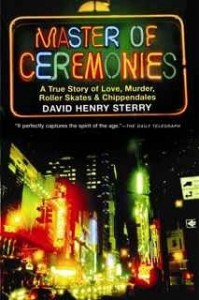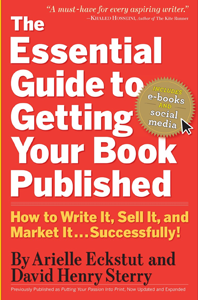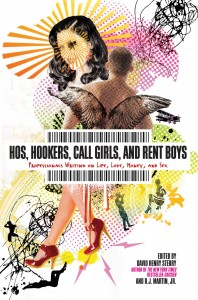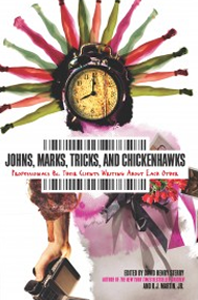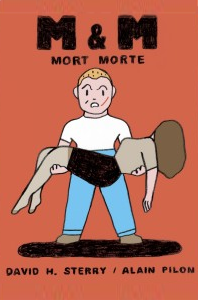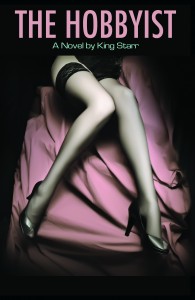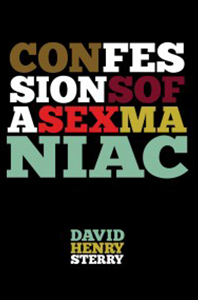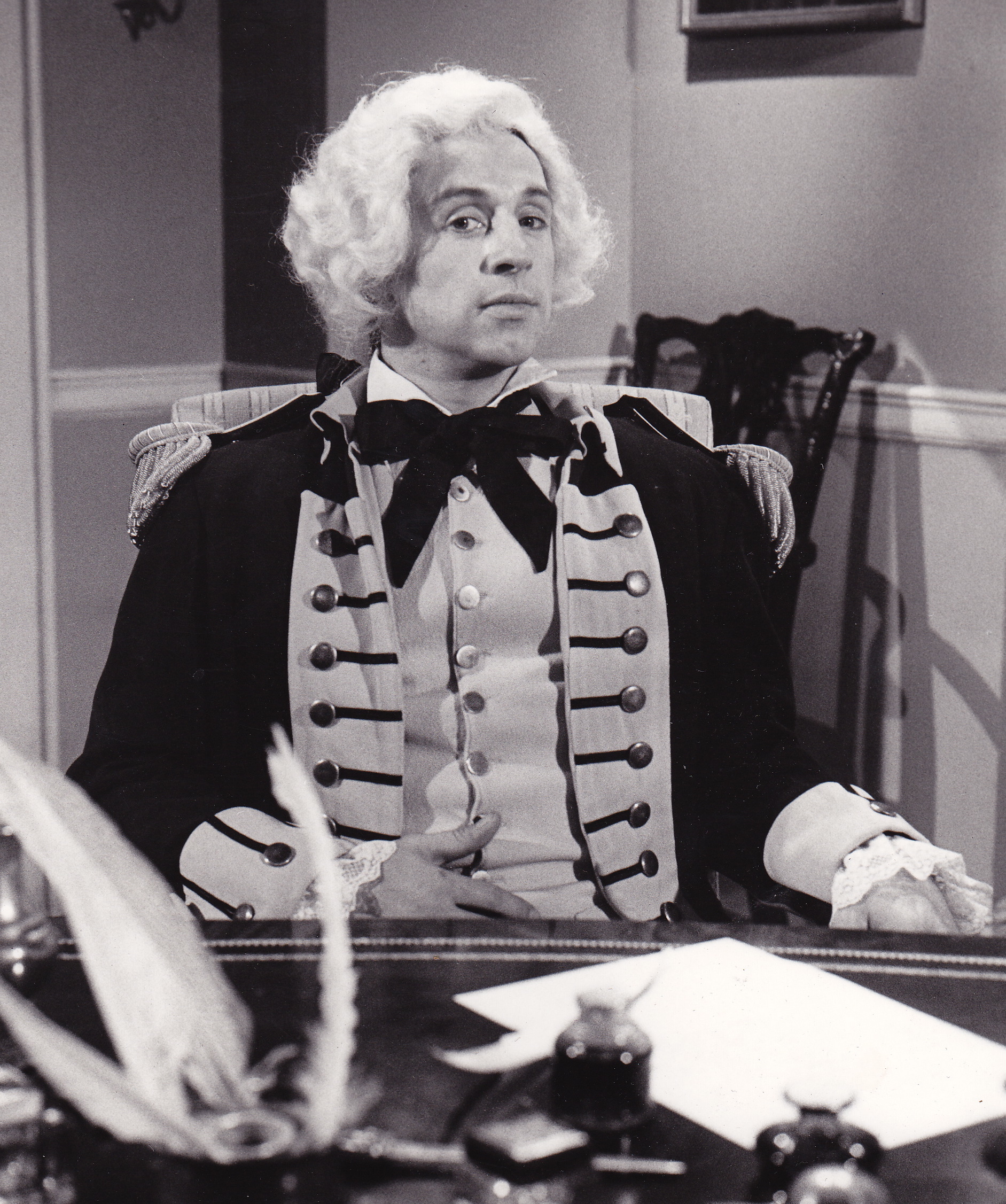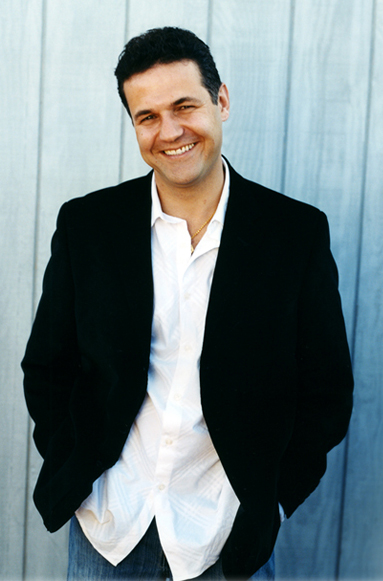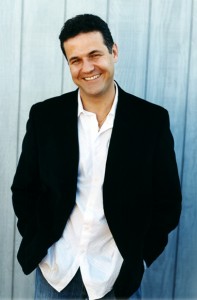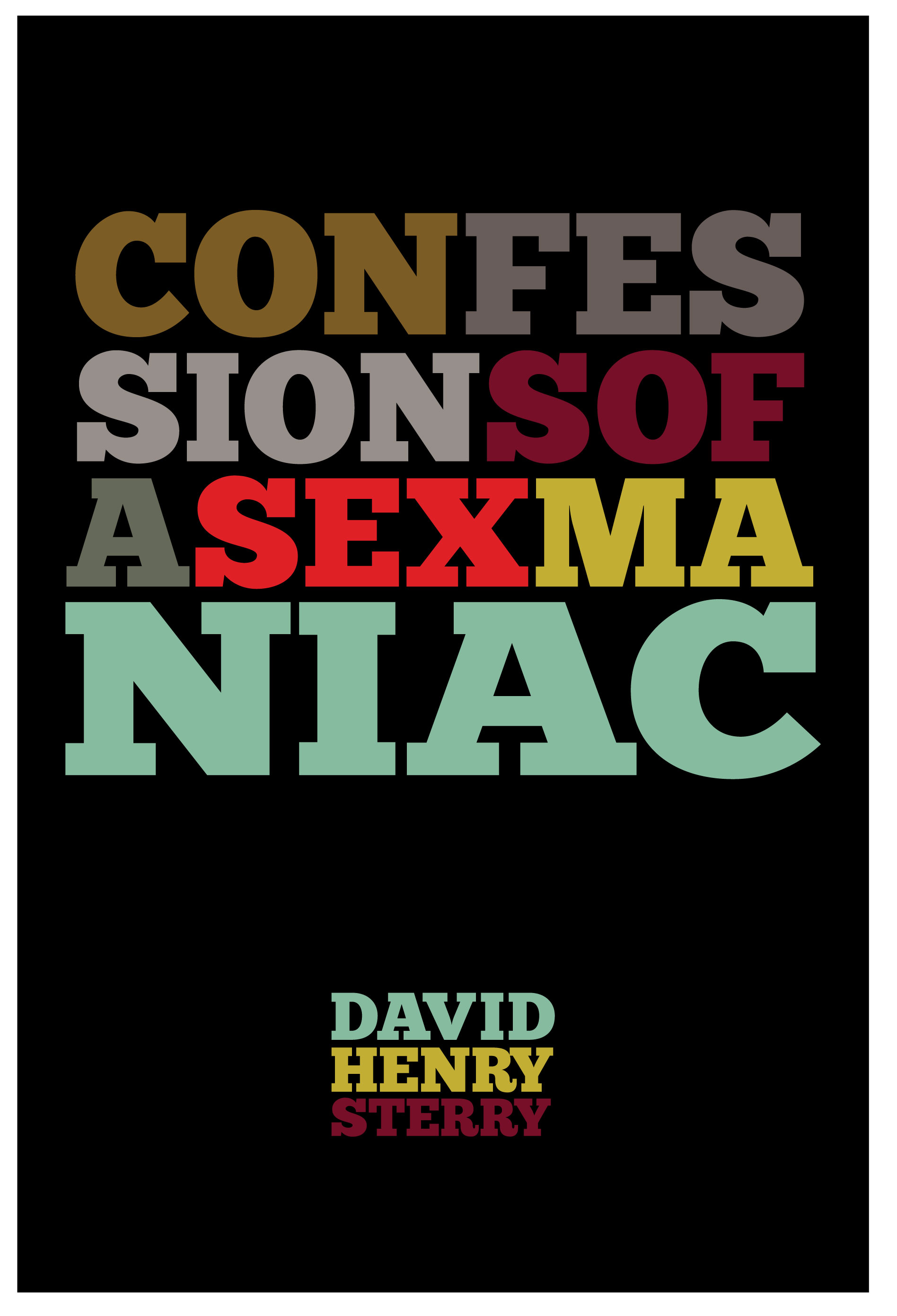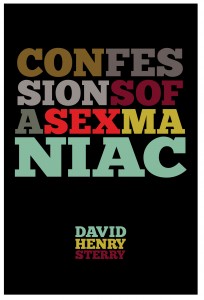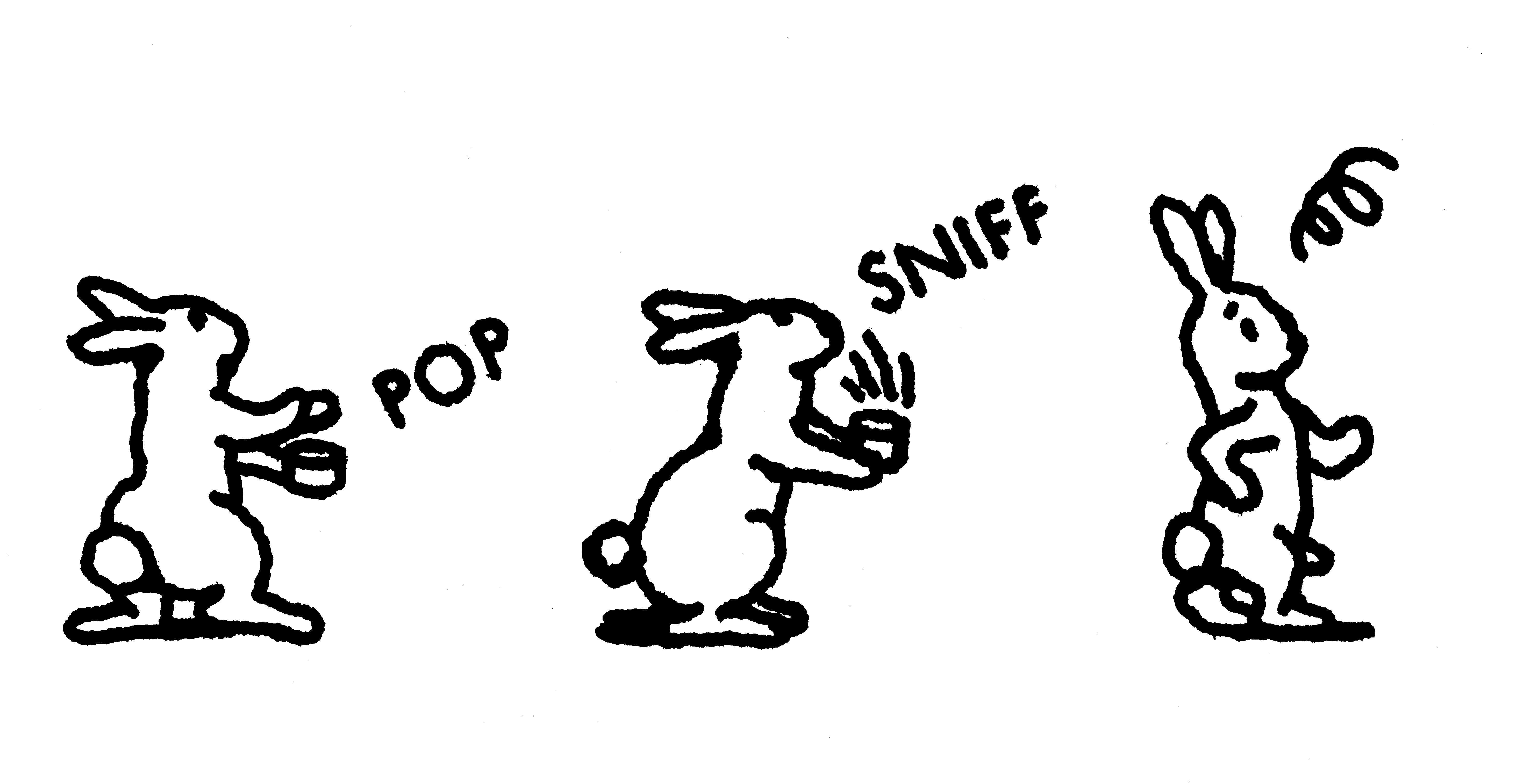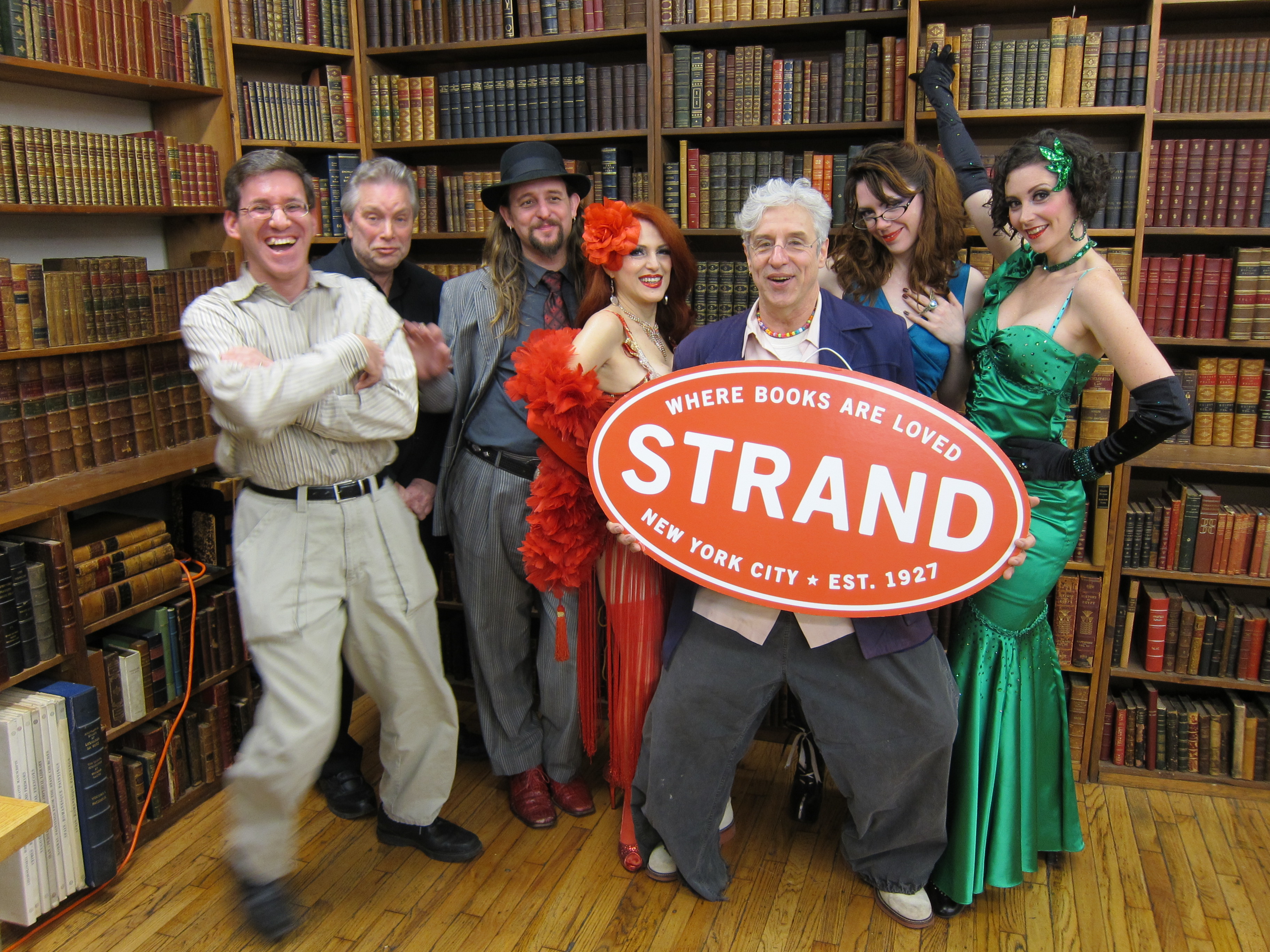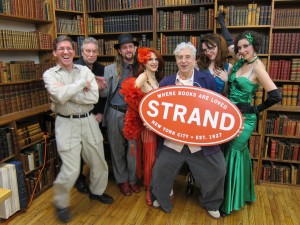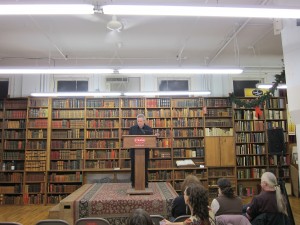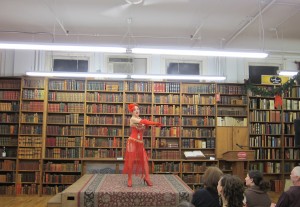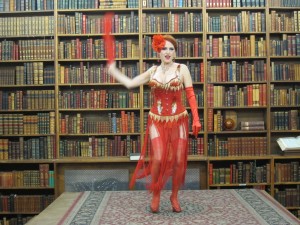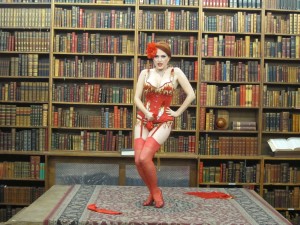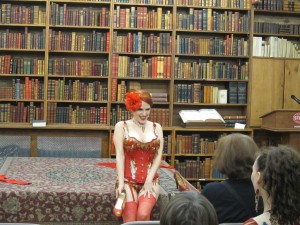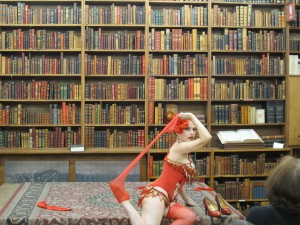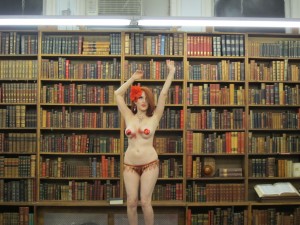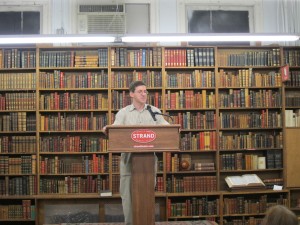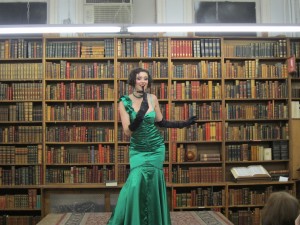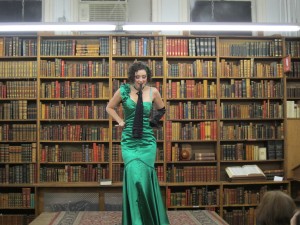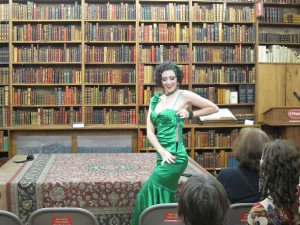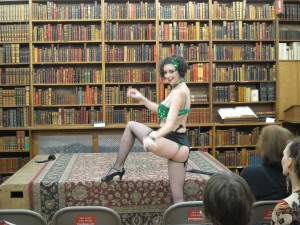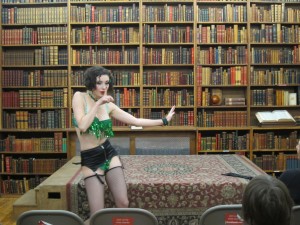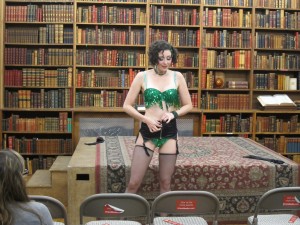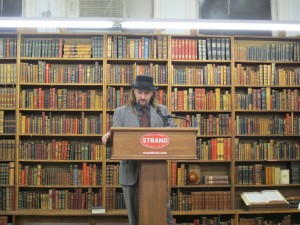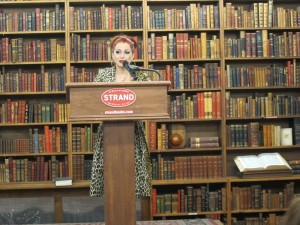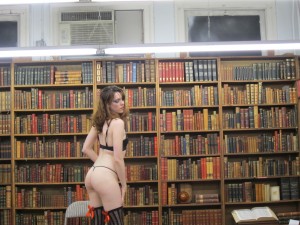Tell us about your most recent release.
My new book is
Mort Morte, with beautiful pictures by Alain Pilon.
On my third birthday, my father, in an attempt to get me to stop sucking my thumb, gave me a gun. “Today son, you are a man,” he said, snatching the little blue binky from my little pink hand. So I shot him.
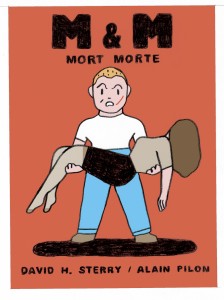
So begins MORT MORTE a macabre coming-of-age story full of butchered butchers, badly used Boy Scouts, blown-up Englishman, virginity-plucking cheerleaders, and many nice cups of tea.
Poignantly poetic, hypnotically hysterical, sweetly surreal, and chock full of the blackest comedy, MORT MORTE is like Lewis Carrol having brunch with the kid from The Tin Drum and Oedipus, just before he plucks his eyes out. Or Diary of a Wimpy Kid as told by Travis Bickle from Taxi Driver
In the end though, MORT MORTE is a story about a boy who really loves his mother.
A new review:
“Who do you think of when someone says black humor? Johnathan Swift? Joseph Heller? Kurt Vonnegut? Perhaps Roald Dahl?
Well, add David Sterry to your list. His newest book, Mort Morte is as black as sin and twice as fun. It all starts innocently enough. Our three-year-old protagonist, vengeful over his father’s depriving him of his binky, seeks revenge by shooting dear-old-dad with the very gun he had given Mort as a birthday present. Be forewarned, though. After that, things take a violent turn. This pithy little book with its delightfully cheeky artwork escorts us through murder after murder, each more hilariously executed than the last, before our hero is figuratively ridden out of town on a Texas-sized rail. Where does Mort go from there? Surely, you jest! Where else but Harvard? Buy a ticket on this one. You’ll enjoy the ride.”
Here’s where to buy it:
What else do you have coming out?
I have a new anthology called
Johns, Marks, Tricks and Chickenhawks, it’s all writings by people from the sex business. It’s a follow-up to the anthology I put together a few years ago called Hos, Hookers Call Girl and Rent Boys, which appeared on the front cover of the Sunday New York Times book review. “Eye-opening, astonishing, brutally honest and frequently funny… unpretentious and riveting — graphic, politically incorrect and mostly unquotable in this newspaper.” It is a unique sociological document, a collection of mini-memoirs, rants, confessions, dreams, and nightmares by people who buy sex, and people who sell. And because it was compiled by two former sex industry workers, the collection is, like its predecessor, unprecedented in its inclusiveness. $10 crack hos and $5,000 call girls, online escorts and webcam girls, peep show harlots and soccer mom hookers, bent rent boys and wannabe thugs. Then there’s the clients. Captains of industry and little old Hasidic men, lunatics masquerading as cops and bratty frat boys, bereaved widows and widowers. This book will shine a light on both sides of these illegal, illicit, forbidden, and often shockingly intimate relationships, which have been demonized, mythologized, trivialized and grotesquely misunderstood by countless Pretty Woman-style books, movies and media. This is hysterical, intense, unexpected, and an ultimately inspiring collection.
Next up is a book that I cowrote for Norton with my partner Arielle Eckstut and two brain scientists from Duke, it’s called What Are They Thinking? It’s all about this amazing research they’ve done on the teenage brain. It’s absolutely horrifying! But fascinating at the same time. Really gives insight into anyone who’s ever been, or will be, a teenager.
Then I have a novel which I wrote with twins Keith and Kent Zimmerman, they’re best-selling authors who’ve done books with everyone from Johnny Rotten to Alice Cooper. This collaboration is called The Hobbyist, it’s about this strange real-life website in the Bay Area where men rate sex workers, kind of like a Zagat guide for prostitutes. The book can be described as About a Boy meets The Graduate meets The Happy Hooker.
And finally, the 10 year anniversary of my memoir Chicken I coming out in the fall. It’s about when I was studying existentialism with a bunch of nuns at Immaculate Heart College, while I worked as a rent boy, servicing rich ladies in Hollywood. The book has been translated into 10 languages, it’s an international bestseller, and has been optioned by Scott Buck, the show runner for Showtime’s Dexter. He has written a screenplay based on the book.
Is there anything you want to make sure potential readers know?
I also run a company called
The Book Doctors, which helps people figure out how to get successfully published. We started the company when our book
The Essential Guide to Getting Your Book Published came out a couple of years ago. Anyone who buys a copy of our book after reading this interview will get a free 20 min. consultation from Oz. We helped dozens and dozens of talented amateurs become professionally published authors. Just send your proof of purchase to:
[email protected]What’s the most blatant lie you’ve ever told?
I once tried to pick up girls at Venice Beach by telling them I was a photographer for Playboy.
What is the most demeaning thing said about you as a writer?
This was from the editor of a poetry journal that went out of business about six months after he sent me this very helpful critique of my work I am now the author of 14 books.
How do you react to a bad review of one of your books?
First I tried to figure out if there’s anything useful I can get out of the criticism. I’ve had some reviewers say really helpful things as they lashed me with their poison pen. After that, I plan revenge. What can I do to wreak havoc on their miserable lives? That kind of thing.
When are you going to write your autobiography?
I’ve written two memoirs, the above-mentioned Chicken, and I wrote a book about when I was the master of ceremonies at a male strip club called Chippendale’s in New York City in the mid-80s, when it was the hottest show in the city that never sleeps. My boss was shot in the head, executed by a hitman. It’s called
Master of Ceremonies.
Are the names of the characters in your novels important?
Absolutely. The hero of my novel was called Mort Morte. The E on the end of the second Mort of course means death.
What about the titles of your novels?
Yes.
Are there any occupational hazards to being a novelist?
I think if you spend too much time in your imagination you can get stuck there, and it gets hard to interact with the other humans. Of course it’s hard to make money writing novels. But I absolutely love it. As Woody Allen said, there are only two things in life can control, Art and Masturbation. And as a novelist, I get to engage in those two things every day.
What’s your favorite fruit?
Raspberry.
How many people have you done away with over the course of your career?
In my new book, our hero kills four or five of his dads.
Ever dispatched someone and then regretted it?
In the novel I’m working on now, a character gets exterminated. But my readers love this guy, so I kept expanding his role in the book. I’m definitely going to bring him back for the sequel.
Have you ever been in trouble with the police?
I was once thrown in jail for hitchhiking through Highland Park, which is one of the richest suburbs of Dallas. I was 18 at the time and had very long hair.
So when were you last involved in a real-life punch-up?
When I was eight years old, in Hueytown Alabama, my neighbor was really mad at me, I can’t remember why, but he came running straight at me like you was going to kill me. I reared back and punched him right in the nose, and fell like I shot him. It was very satisfying.
If you were going to commit the perfect murder, how would you go about it?
I been watching a lot of Breaking Bad, and I think I would get a big plastic tub and dissolve the person in acid.
What do you want to be when you grow up?
Happy. If I can’t be happy, I’d like to be really really rich.
What is your favorite bedtime drink?
Chamomile tea laced with liquid opium.
Do you ever wish that you had an entirely uncreative job, like data entry or working in a factory?
I was a building inspector. I fried chicken for a living. I was a telephone solicitation technician. I learned a lot about life from all these medial, deadening, dead-end, underpaying jobs. But I would not want to do them again.
Do you believe in a deity?
I guess I categorize myself as a Pagan humanist. I worship the earth and the sky and food and sex and love and music and creativity.
Do you ever write naked?
I’m naked right now!
Who would play you in a film of your life?
Actually, Jonathan Taylor Thomas, who was a teen heartthrob on the show Home Improvement optioned my memoir Chicken so he could play me at 17. Sadly, that never happened. Right now we’re trying to get Justin Bieber to play the lead role in Chicken, he would be portraying a 17-year-old sex worker. I’m not kidding. That’s totally real.
What are the most important attributes to remaining sane as a writer?
Surrounding yourself with people who like you. I had a lot of trouble doing that in the first 40 years of my life. I really enjoy reading my work in public, that’s part of what keeps me sane as a writer.
Have you ever read or seen yourself as a character in a book or a movie?
I was a professional actor for many years and did portrayed everyone from George Washington to Abbie Hoffman to Leif Ericson. Among many others. I see myself as every character in every movie or book I read or watch.
What is the single most powerful challenge when it comes to writing novel?
Getting people to read your work.
What do you consider your biggest failure?
I trust people too easily. I assume they’re going to do what they say they’re going to do. I suffer from posttraumatic stress disorder, and I sometimes fly into a crazy rage. I’m really trying hard not to do that, but there are just so many RIDICULOUS HORRIBLE ASSHOLES!
Do you research your novels?
I tried to do is little research as possible, because I want to make the most money per word as possibly. One of my heroes as a writer is Dr. Seuss. There are only 232 words in Cat in the Hat, and he’s made approximately $1 billion from that book. I don’t think he had to do much research on it. The novel I’m working on now involves the main character living with the Shakers, who were a pretty well known religion in the mid-1800s. The Shakers are famous for two things. They made great furniture. They didn’t believe in sex. There are no more Shakers. I did lots of research on them.
How much impact does your childhood have on your writing?
Enormous. As you see above, in my new book, a three-year-old kills his father with the gun his dad gives him as a birthday present. It’s the first book I ever wrote. I think I was trying to work out some stuff.
What was the greatest thing you learned at school?
I got turned onto a lot of great books and music. Beethoven to Nick Drake to Robert Johnson to Taj Mahal to Jean Pierre Rampal. Thomas Pynchon to Charles Dickens to Hunter S Thompson. The list goes on and on.
Do you laugh at your own jokes?
Only if they’re really really funny.
Do you admire your own work?
Only when it’s really really good.
What are books for?
Escape, laughter, adventure, information, thrills, chills, romance. My partner and I wrote a book called Putting Your Passion Into Print, which got updated into The Essential Guide to Getting Your Book Published. So we got a bunch of boxes of the hard cover version of PYPIP, which are essentially useless now. But they throw off a lot of heat when you burn them in the fireplace. And living in northern New Jersey as we do, that can be highly significant.
Are you fun to go on vacation with?
Oh yes. I love to swim. I also enjoy playing all kinds of games.
How do you feel about being interviewed?
I love it.
Why do you think what you do matters?
It keeps me out of trouble. Also, I talk about things that are forbidden in our culture. I was raped when I was 17. It’s in my memoir Chicken. When I get up in public and talk about that, there are always a couple of people in the audience who’ve been through the same thing. And when I talk about it, it gives them license to talk about it. They don’t feel like such a freak anymore. Or maybe they realize that we’re all freaks in one way or another. Part of my mission has been to expose how kids get exploited and abused by grown-ups. I think this is very important. I also write a lot about se work and create a forum for writers who have been in the sex business. I want to normalize this occupation, remove some of the taboo and stigma. I consider this to be important.
Have you ever found true love?
Absolutely. Writing Mort Morte actually led me to getting an agent, who turned out to be the love of my life. And we have a daughter who’s five years old, and I have a love for her that is so profound and deep, it’s like nothing I’ve ever experienced.
How many times a day do you think about death?
I sometimes go days without thinking about it. But I do have these morbid images of my daughter dying in some horrible way, and me not being able to stop it. Once in a while lying awake at night I imagine what the world would be like without me, and it’s truly a horrible idea.
Are you jealous of other writers?
Constantly.
What makes you cry?
One of the ways I got over posttraumatic stress disorder, and addictions to cocaine and sex, was through hypnotherapy. My hypnotherapist taught me how to unleash the emotions within me. I was raised in an English environment, where no one ever cried. So now all kinds of things make me cry. I can cry watching a trailer for a sappy movie. The other day I was watching Love Actually, which is really cheesy movie. But I wept like a baby. I really enjoyed it.
What makes you laugh?
Buster Keaton. Richard Pryor. Lenny Bruce. George Carlin. People who can make comedy out of tragedy.
What are you ashamed of?
When I was in my 20s I used and exploited people, mostly women, to get what I wanted. I was like a vampire sucking love & sex out of women, and giving nothing in return.
What’s the loveliest thing you have ever seen?
My daughter.
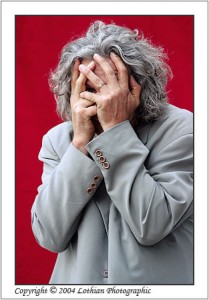
David Henry Sterry is the author of 14 books, a performer, muckraker, educator, activist, and book doctor. His first memoir, Chicken, was an international bestseller, and has been translated into 10 languages. His anthology, Hos, Hookers, Call Girls and Rent Boys was featured on the front cover of the Sunday New York Times Book Review. He authored The Essential Guide to Getting Your Book Published with his ex-agent and current wife. His novella Confessions of a Sex Maniac, was a finalist for the Henry Miller Award. He has written books about working at Chippendales Male Strip Club, the teenaged brain, how to throw a great pajama party if you’re a tween girl, a patriciding mama’s boy, World Cup soccer, a sex maniac, and how to get a book published. He has appeared on, acted with, written for, worked and/or presented at: Will Smith, Edinburgh Fringe Festival, Stanford University, National Public Radio, Penthouse, Huffington Post, over 100 independent bookstores from the Strand in NYC to Books & Books in Miami to City Lights in SF to Powell’s in Portland, Miami, LA & Teaxas Book Festivals, Michael Caine, 92nd St. Y, Smith College, Brooklyn Book Festival, the London Times, Reed College, Playboy and Zippy the Chimp. He loves any sport with balls, and his girls.
www.davidhenrysterry
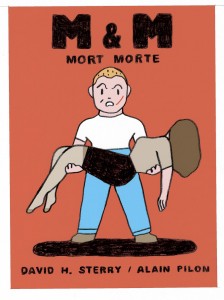 “It’s fall now and the season for amusement parks may have drawn to a close but if you’re looking for one wild ride, you could do a lot worse than pick up Mort Morte by David Henry Sterry. By turns absurd, hilarious and tragic, this fairly quick read tells the story of Mordechai Murgatroyd Morte, a young man who follows his mother through her unfortunate marriages to several physically and sexually abusive men.
“It’s fall now and the season for amusement parks may have drawn to a close but if you’re looking for one wild ride, you could do a lot worse than pick up Mort Morte by David Henry Sterry. By turns absurd, hilarious and tragic, this fairly quick read tells the story of Mordechai Murgatroyd Morte, a young man who follows his mother through her unfortunate marriages to several physically and sexually abusive men.
